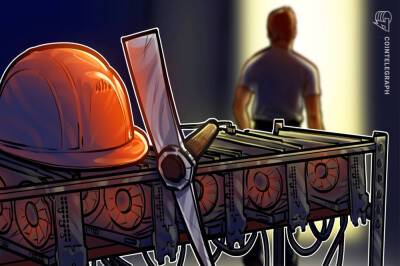Ukraine war: Open the gates of hell for civilians in Mariupol, UN's Amin Awad tells Euronews
The siege of Mariupol is a "desperate, hellish" situation that requires the immediate set-up of humanitarian corridors to evacuate trapped civilians, Amin Awad, the United Nations Crisis Coordinator for Ukraine, told Euronews.
"It is a very hellish situation," Awad said. "People lost their life. Others are still there. Bombardments are taking place. People are in basements or bunkers or hiding in one place or another. But it's desperate. These are still children, women, elderly people and the destruction is huge."
"We [the UN] have been asking for corridors to open. We're asking for humanitarian pauses, for a ceasefire, for windows of silence so that people can leave peacefully this town, which is under bombardment. There are international humanitarian principles and we have to respect them."
Even if the Russian advance appears to have stalled in other parts of the country, Mariupol continues to be encircled by the army. Around 2-300,000 residents are believed to be trapped in the port city, which is a strategic point for Moscow to capture as part of its military campaign to invade Ukraine.
Electricity and running water have been cut off, further exacerbating the humanitarian crisis inside the city. Local authorities say more than 2,400 civilians have been killed as Russian shelling hit civilian buildings including a school and a theatre where people were sheltering from the fighting, and that many were buried in mass graves. The attacks raised accusations of war crimes against the Kremlin.
"It's very hellish over there, and I think the gates of hell have to open so people can come out," said Awad, noting Russia has not yet responded to the UN appeals for humanitarian corridors.
Awad spoke to Euronews' Shona Murray in Brussels
Read more on euronews.com
























